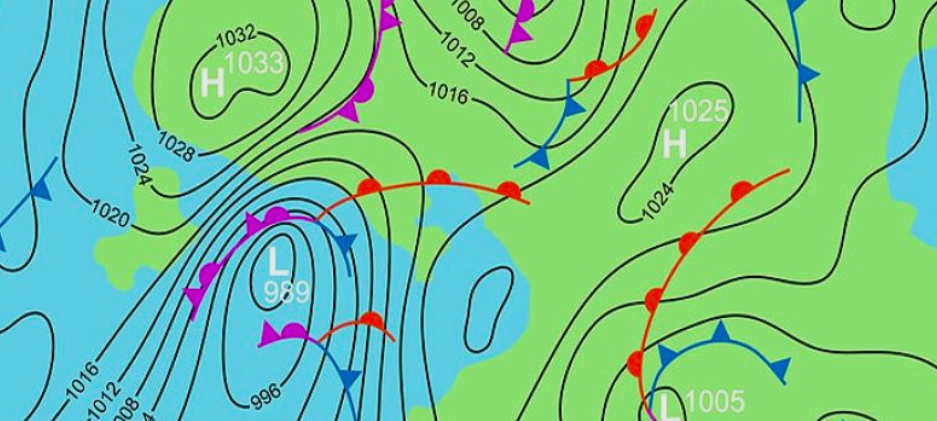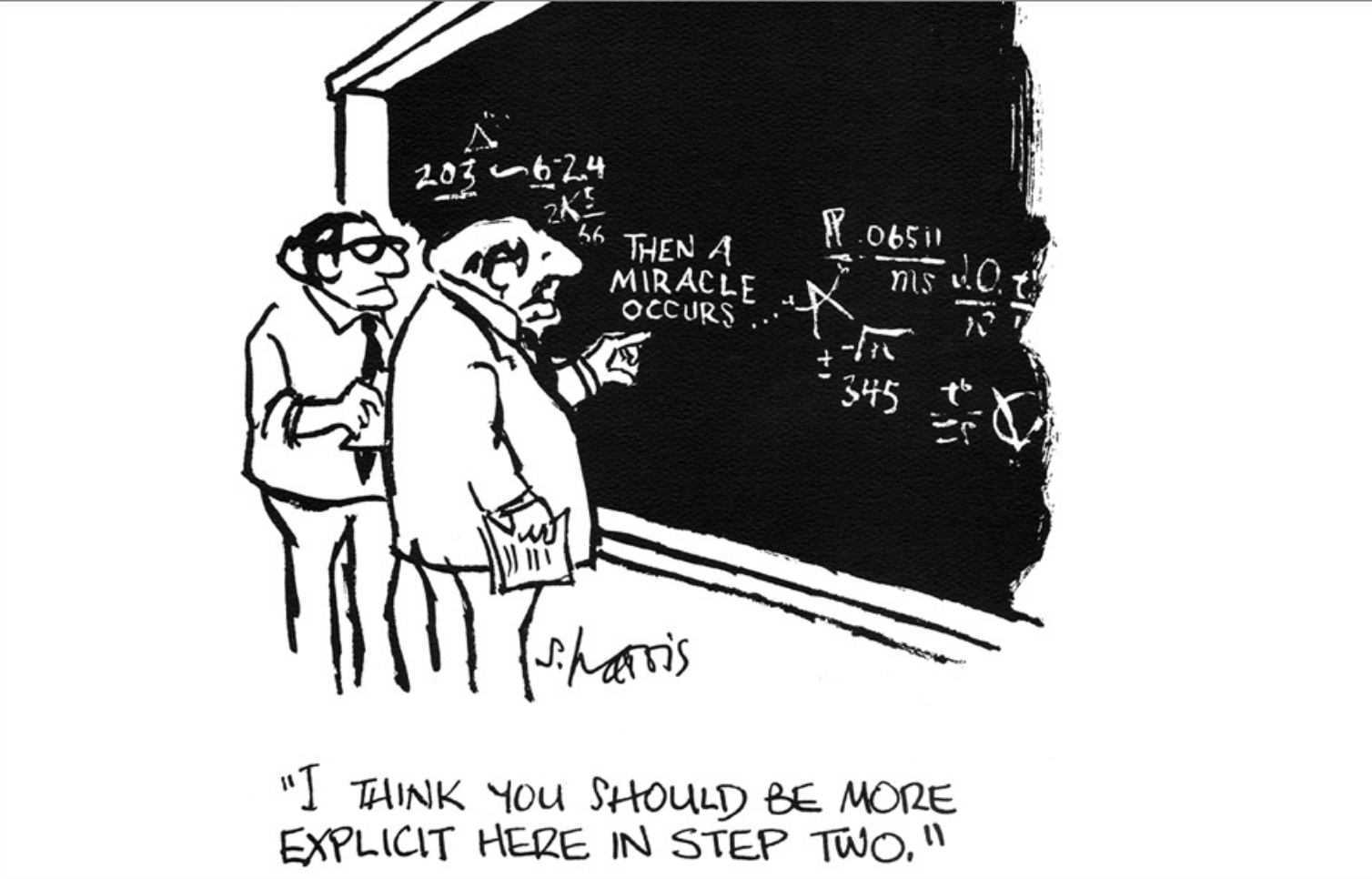"There are no systems out there"? False.
Systems Exist
 It is often said, citing Banathy, that "there are no systems out there." Variations of this view include a panoply of ideas that quickly devolve into solipsism (the idea that there is no reality "out there" only our mental models "in here"):
It is often said, citing Banathy, that "there are no systems out there." Variations of this view include a panoply of ideas that quickly devolve into solipsism (the idea that there is no reality "out there" only our mental models "in here"):
- systems are not real
- systems are just our representations
- systems don't exist in nature
All presume that that systems are mere dalliances of the mind. In fact, systems do exist both in mind and in nature. Indeed, all of the DSRP patterns have been shown to exist in mind and nature (see evidence). Systems do exist in nature—part-whole structure exists, and its resulting nestedness, hierarchy, and fractality also exists. The question we should be asking ourselves does the system exist in nature as it does in my mind's eye? Is my mental model and accurate reflection of what actually exists?
To be fair, I don’t know what Banathy intended. We do know that many quotes, taken out of context, can take on different meaning (e.g., that Beer’s POSIWID means that all systems have purpose in the ways that humans think of purpose [it doesn't]). Banathy may have been trying to distinguish between mental models and reality during a period where the distinction was not as clear to the general public. If, for example, this was the case then what Banathy meant by "out there" is mental models, which is also what is meant by "in here" (mental models. This would make the distinction between mind and nature, between mental model and reality, or between "in here" and "out there" a meaningless distinction. In other words, no meaningful statement is being made. In any of these cases, he would simply be supporting the ST Loop. Either way, the statement that there are no systems in nature is misleading. Indeed, a student of Bela Banathy, Sherryl Dimitry, explains,
I always have to chuckle when I hear random, half-sentence quotes out of context. I studied with Bela over 10 years until he passed, I never heard him say "there are no systems out there."
Along these same lines, some are reminded of the famous saying that "the map is not the territory." It is true that, the map is not the territory. But that doesn’t mean there is no territory and that there is only a map. Nor does it mean that there is no correspondence between the map and the territory. There are mountains in maps and there are mountains in territories. So, it would be wrong to say that the mountains are merely in our maps, or in our minds. The truism that the map is not the territory is an entirely different metaphor than the solipsistic misrepresentation that there are no real systems or that systems are not real. The system in your mind may not represent well the real system in nature, but that does not mean there are no systems "out there." Systems exist in mind and nature. Sometimes we get it wrong where and how they exist.
Banathy's original explanation is thus:
The last thing systems thinkers need is more solipsism and more ambiguity. Let's not let these faulty but catchy popularisms of systems thinking catch on.
This is just one of the "Sacred Cows" of Systems Thinking. Click the link to see all all sacred cows and their scientifically valid replacements.
To learn more about these topics, get the book.
References:
- Cabrera, D. (2006) Systems Thinking. Cornell University.
- Cabrera D., Cabrera L., Cabrera, E. A Literature Review of the Universal Patterns and Atomic Elements of Complex Cognition. Journal of Applied Systems Thinking (20) 6. (2020)
- Banathy BH. Designing Social Systems in a Changing World. 1st ed. Springer US; 1996. page 156; doi:10.1007/978-1-4757-9981-1
.png?width=150&height=150&name=CRL%20GOAT%20Logo%20(4).png)



